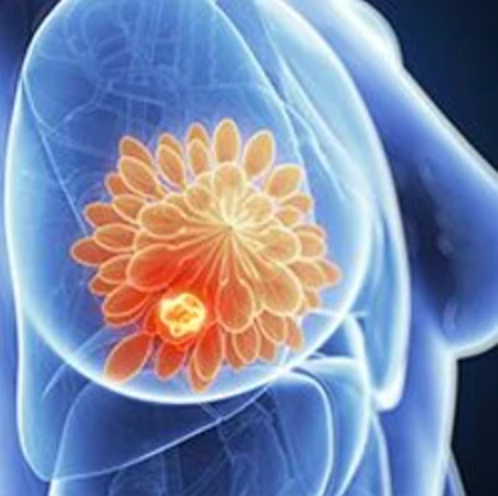Video
Dr. Frank on CD22 CAR T-cell Therapy in Relapsed LBCL
Author(s):
Matthew Frank, MD, PhD, discusses findings from a single-institution phase 1 trial investigating autologous CAR T cells targeting CD22 in adults with large B-cell lymphoma, including those who relapse after or are refractory to CD19-directed CAR T-cell therapy.
Matthew Frank, MD, PhD, assistant professor, medicine, the Division of Blood and Marrow Transplantation and Cellular Therapy, Stanford University, discusses findings from a single-institution phase 1 trial (NCT04088890) investigating autologous CAR T cells targeting CD22 (CAR 22) in adults with large B-cell lymphoma (LBCL), including those who relapse after or are refractory to CD19-directed CAR T-cell therapy (CAR19).
After lymphodepletion with fludarabine and cyclophosphamide, 38 patients with LBCL received CAR22 at 1 of 2 dose levels. Dose level 1 consisted of CAR22 at 1 x 106 CAR+ cells/kg (n = 29). Dose level 2 consisted of CAR22 at 3 x 106 CAR+ cells/kg (n = 9). The investigators determined dose level 1 to be the recommended phase 2 dose.
Patients had a median age of 65 years and a median of 4 prior lines of therapy. Notably, 97% (n = 37) of patients had progressed on prior CAR19. The primary end points of this trial were successful CAR22 manufacturing and safety. Secondary end points included efficacy and durability of responses.
Dr. Frank on Response Rates With CD22 CAR T-cell Therapy in Relapsed LBCL
Across both dose levels, the overall response rate (ORR) was 68%, including ORRs of 66% at dose level 1 and 78% at dose level 2, Frank says. The complete response (CR) rate was 53% in all patients, 52% at dose level 1, and 56% at dose level 2, Frank explains. These ORR and CR rates were much higher than the expected outcomes of this trial, Frank notes.
Dr. Frank on the Durability of Responses With CD22 CAR T-cell Therapy
Many of the CRs seen with CAR22 were also durable. At a median follow-up of 18.4 months, of the 20 patients who achieved a CR, 19 had durable remissions, Frank emphasizes. These data support CAR22 as a potentially curative option for patients with LBCL who have relapsed following CAR19, Frank concludes.
Editor's Note: Dr. Frank reports participation on scientific advisory boards for Adaptive Biotechnologies, Kite-Gilead, and Cargo; and industry-contracted research for Allogene Therapeutics, Adaptive Biotechnologies, and Kite-Gilead.









